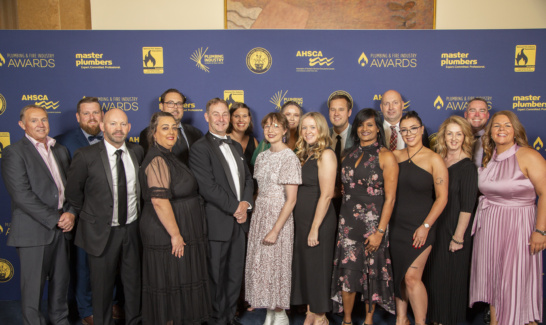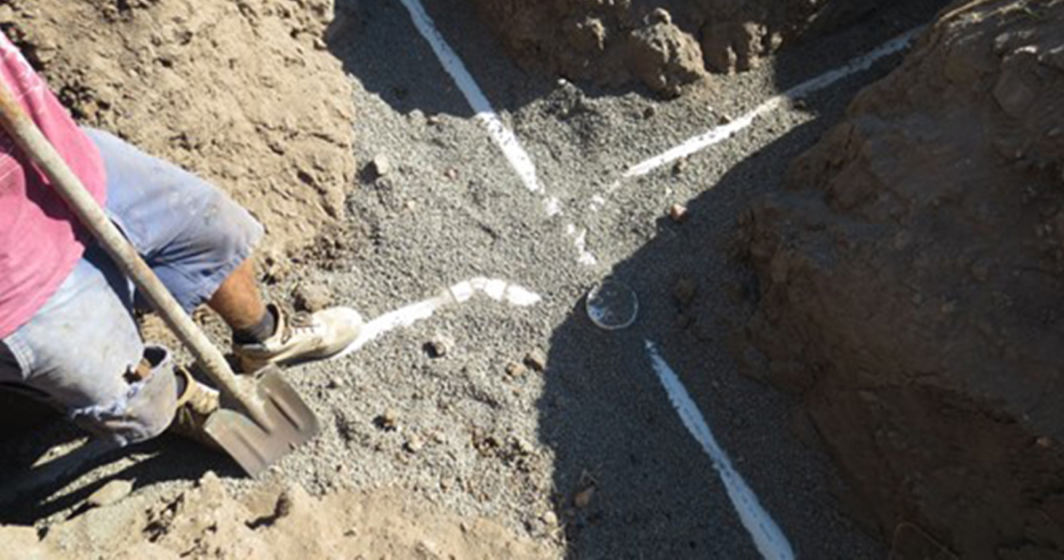Victoria in terms of plumbing compliance, was the first State to move to a self-certification system back in the mid 1909’s. This effectively meant that plumbing works such as underground sanitary drainage installations were independently inspected by the relevant Water Authorities team of inspector for that area. Melbourne city was covered by the Melbourne Metropolitan Board of Works, other towns by their own authority who took over responsibility of that installation upon inspecting the job. The self-certification scheme meant that the installing plumber was licensed, had a mandatory insurance cover and was wholly responsible for the plumbing system that they had installed. The Victorian regulator for plumbing work was the Plumbing Industry Commission who was legislated under the Building Act 1993 to keep a register of qualified plumbers, investigate complaints and importantly monitor the effectiveness of the self-certification system by auditing a minimum of 5% of every individual plumbers work over the space of a year.
So in the nearly 30 years of this system, despite there being concerns from industry stakeholders such as our Association that standards were in decline, the Regulator (VBA) hasn’t increased either the percentage of overall audits, (it now sits at about 3%) or a methodology for implementing improvement.
Another factor which has occurred in parallel has been the pace and volume of construction in Victoria, both residential and commercial. It would be not uncommon to see contractors working on a residential building slab at the same time that the plumbers are attending to the drainage works leaving little time for both inspection through audit, which are mandatory to book but are infrequently attended by the VBA, or a quality outcome.
We are fortunate in Australia to have some of the best plumbing standards in the world, issues that come with denser population habitation that we are used to seeing in underdeveloped countries such as cholera outbreaks are not conceivable to occur in Australia. With our increasing focus on environmentally sound use of water and its re-use we now have quite sophisticated plumbing systems to separate our drinking water from our flushing water and we have the ability to treat grey – and in some cases black water – on site increasing the risk of contamination of our potable water. Against this background of increased risk, to have an industry that clearly has a sector of practitioners who do not take their responsibilities seriously and a regulator that seems ill-equipped to deal with them is a potentially dangerous situation.
We like most of the industry are supporters of a well-resourced and active regulator which we see as necessary to hold a small but growing percentage of bad operators responsible for their actions as a means of maintaining the safety of the community. We don’t want or need a flammable cladding issue or a bad multi story building fire to focus efforts, we want our regulator to communicate a plan of action for how we improve this situation now.

